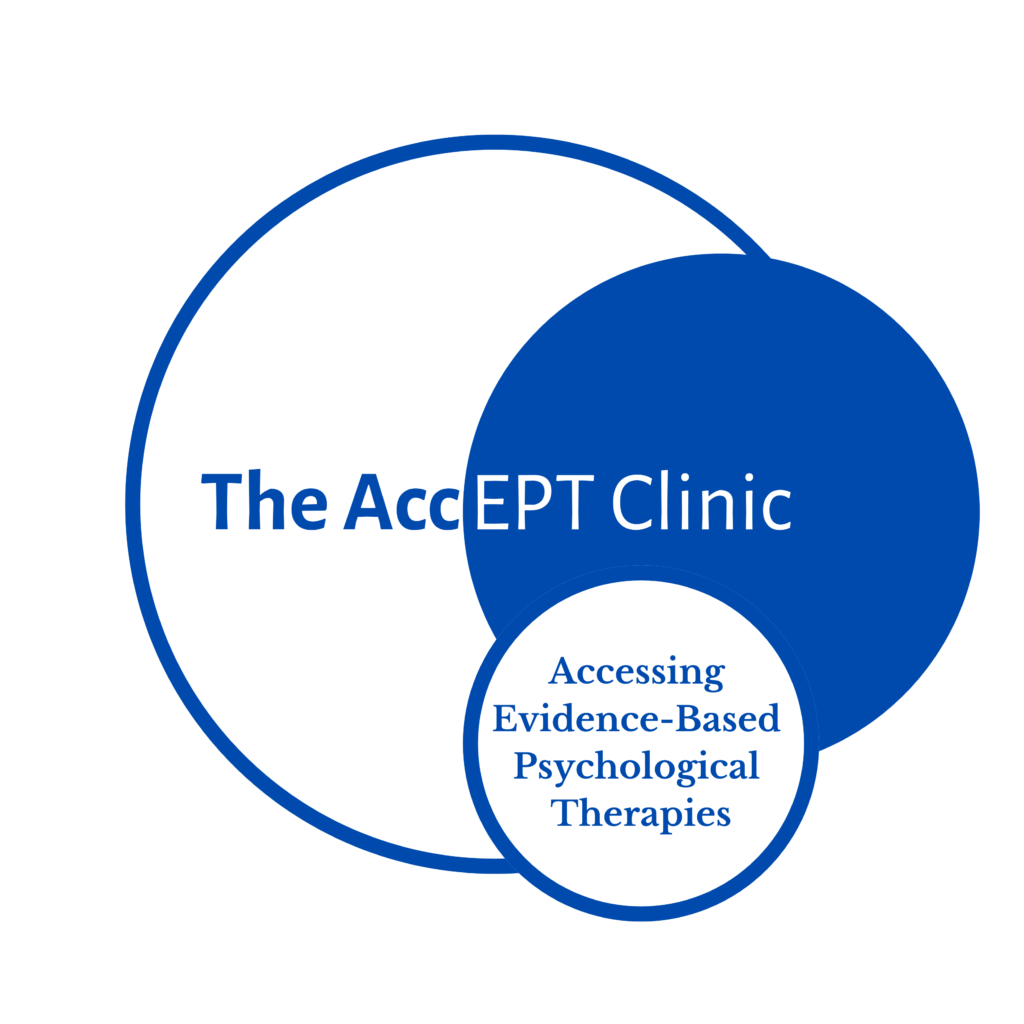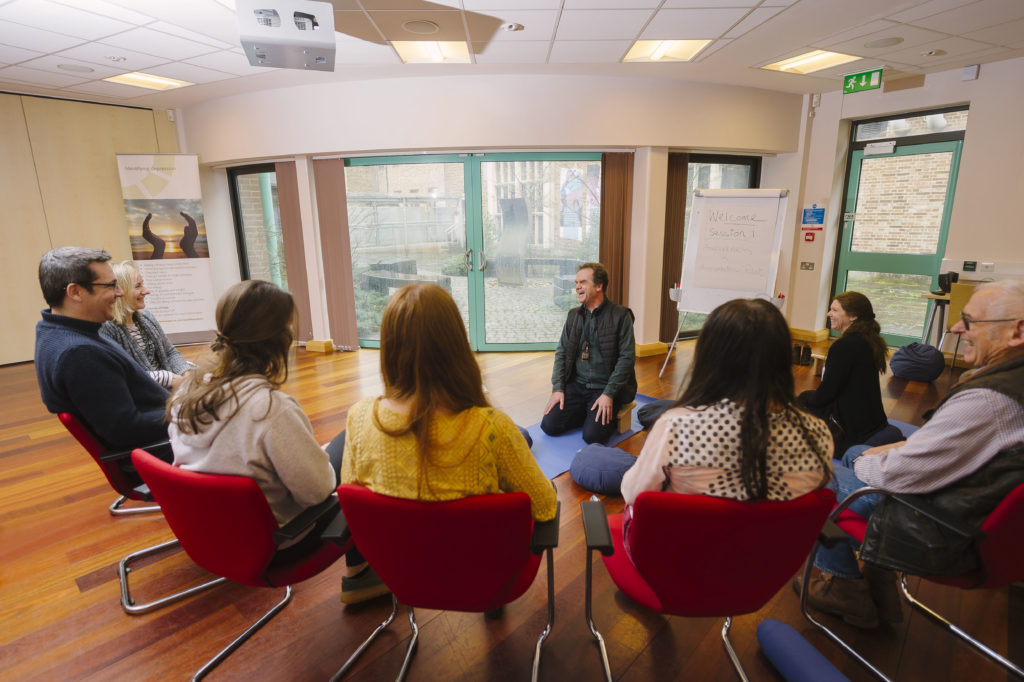Exeter Collaboration for Academic Primary Care (APEx) Blog
Exeter Collaboration for Academic Primary Care (APEx) Blog
Posted by ma403
25 November 2025Barney Dunn, Professor of Clinical Psychology, co-lead of Mental Health Theme in the Exeter Collaboration for Academic Primary Care (APEx) and Exeter NIHR School for Primary Care Research (SPCR)

The problem of the missing middle
The way mental health care is structured in the UK NHS can inadvertently result in gaps in provision that mean large numbers of patients are excluded from accessing the support they need. One such gap exists between primary care (GP support and psychological therapy offered for mild to moderate depression and anxiety by NHS Talking Therapies Services; NHS-TT) and secondary care (multidisciplinary input for patients with severe and enduring mental illness like psychosis) (Dunn et al., 2024). Many patients are deemed out of remit for, or have not benefitted from, primary care support and yet are not judged as severe enough to cross the threshold for secondary care (sometimes referred to as the ‘missing middle’). There is also a knowledge blind spot – we do not yet know which types of support are most effective for clients in the gap.
The AccEPT clinic as part of the solution
Closing this knowledge and service gap (particularly in the provision of psychological therapies) is a central focus of the Mental Health Theme of the Exeter Collaboration for Academic Primary Care (APEx). A core piece of infrastructure to achieve this goal is the Accessing Evidence Based Mental Health Care (AccEPT) clinic, a NHS-funded research and development clinic that offers novel psychological therapies for patients in Devon (based in the Mood Disorders Centre at the University of Exeter). In addition to offering novel therapies (often as part of clinical trials), AccEPT also provides training, supervision and support for local NHS and voluntary sector partners to implement evidence-based care. Patients who come into AccEPT receive state-of-the-art care and are also contributing to research.
AccEPT currently has three care pathways: hard-to-treat depression, bipolar disorder and a resilience and recovery pathway to support individuals who have recently been discharged from secondary care services. Example recent innovations we have evaluated include:
Our work is starting to have a broader reach. We were part of a recent trial of Mindfulness-Based Cognitive Therapy (MBCT) for individuals who were still depressed after completing treatment in NHS-TT (RESPOND; Barnhofer et al., 2025; see this article in the Independent). MBCT was found to be effective and value for money, so we are exploring ways to implement this nationally. We are also training services and centres around the world in our novel treatments.
Broader synergies of AccEPT
AccEPT is part of the depression theme of a national initiative called the Mental Health Translational Research Centre (MH-TRC) mission, one element of which involves establishing 14 services for hard-to-treat depression to support research and innovation around the country. Devon is lucky to have two services funded by this mission – AccEPT and a new psychiatry clinic called RISE in Devon Partnership Trust that can offer psychiatric support for depressed clients falling in the gap.
AccEPT has also benefitted from funding from the NIHR School for Primary Care Research, which APEx is delighted to be a core member of. For example, Laura Warbrick gained a pre-doctoral fellowship through the NIHR Three Schools Mental Health Programme, which examined if it is possible to train staff in NHS-TT to more effectively support clients with complex depression.
The training and support we offer for local services is delivered through the Southwest mental health gap practice research network we have established in partnership with the University of Plymouth. We have a thriving programme of workshops coming up over the next year, for example, supporting CBT therapists to better work with patients with neurodiversity, training cognitive analytic therapists (CAT) to be able to treat self-harm, and providing top-up training on bipolar disorder for recovery workers situated in the voluntary sector. The practice research network also supports local services to evaluate innovations they are implementing, for example, assisting Devon NHS-TT service (TALKWORKS) to implement and evaluate a novel bereavement pathway for individuals with prolonged grief reactions (Goff et al., 2025).
AccEPT also provides a stimulating environment to train the next generation of academics and therapists. We host a variety of placements for clinical psychologists in training and researchers at all stages of the career path. This recent blog describes the experience of working in AccEPT for Asha Ladwa (a post-doctoral researcher funded through the MH-TRC mission).
AccEPT is committed to co-design alongside individuals with lived experience of mental health, many of whom are alumni of our service. The Friends of AccEPT group ensures the service user perspective shapes all aspects of our work, including service design, research strategy, and therapy development. In this recent national webinar hosted by the Mental Elf on innovations in depression care, Barney Dunn and Katie Marchant briefly discuss co-development of the ADepT programme of work. We also recently co-wrote an article together to share our experiences about how to support wellbeing when experts by experience support mental health work (Burnham et al., 2025)
The future for AccEPT
AccEPT is currently seeking recommissioning by the local NHS and launching a range of exciting new trials, including evaluating a therapy called EMDR for depression as part of a multi-centre national trial. Two other central elements of the Mental Health Theme of APEx focus on mental health in children and young people and on the interface between physical and mental health. The future work of AccEPT will be strengthened through collaboration with the Children and Young People’s Mental Health Research Collaboration (ChYMe) and other research in APEx that focusses, for example, on eating disorders, primary care workforce wellbeing and mental health in the context of cancer diagnosis and detection, rehabilitation and other long-term conditions. Watch this space!
